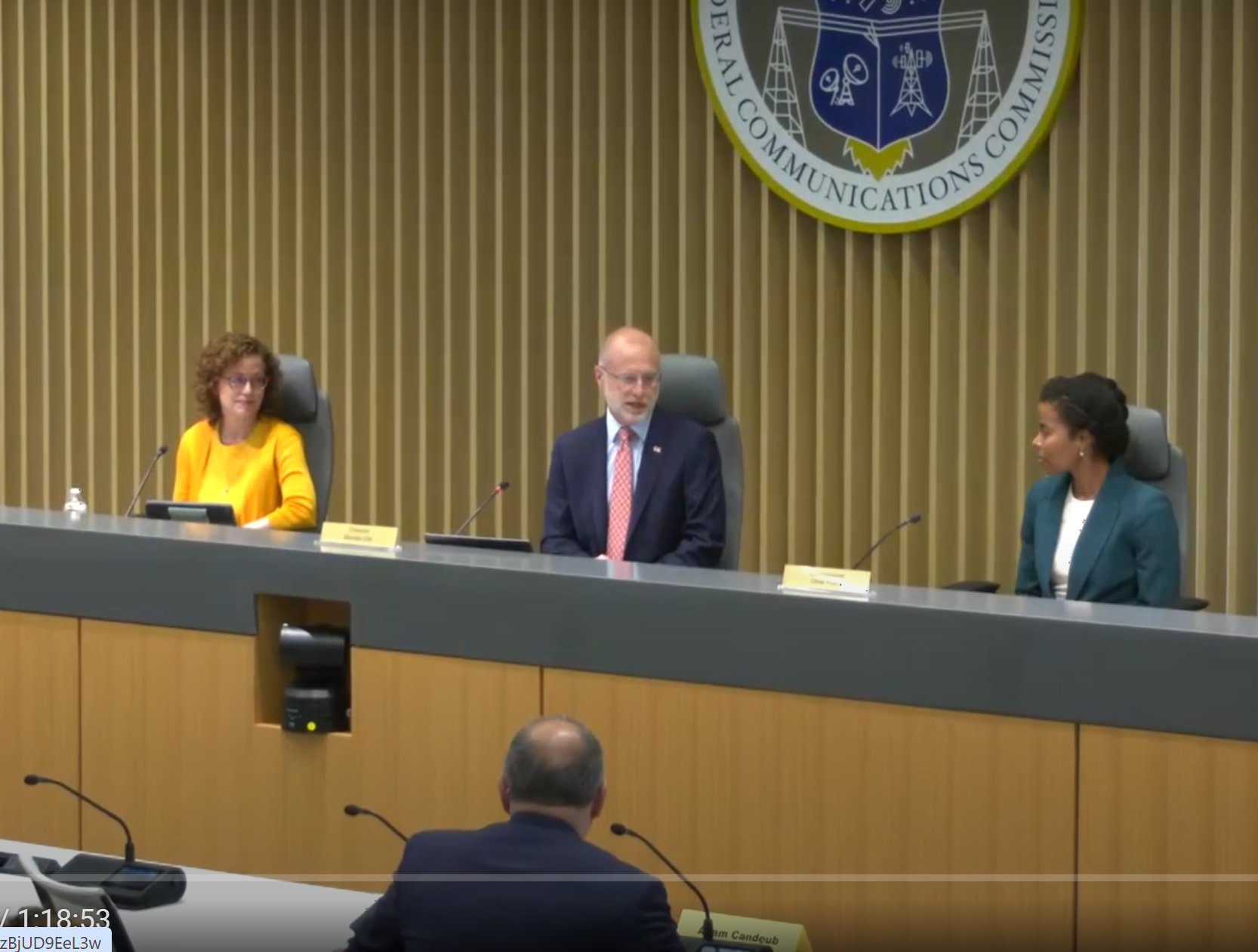Fritts: No 'Citizen Kanes' Coming With Dereg
The NAB does not advocate the wholesale deregulation of the media industries, association president Eddie Fritts said Wednesday.
Speaking in Washington to a roomful of invited guests at a luncheon sponsored by the Media Institute, Fritts repeated NAB's stance that the FCC should keep the 35 percent cap on nationwide reach of a single broadcaster. That position is opposite that of some networks, who advocate a complete elimination of the cap and more in agreement with some consumer and creative groups who consider the cap crucial for localism and program diversity. Many legal experts have said the 35 percent cap might be the toughest of all the ownership rules for the FCC to defend in court.
Under questioning from reporters, he wouldn't say what ownership cap other than the 35 percent figure NAB might find acceptable.
He also repeated NAB's stance on liberalizing of duopoly rules and he called restrictions on radio-TV and newspaper-broadcast cross-ownership "relics of a distant era."
Fritts talked down press accounts that the FCC is on a "mad rush" to eliminate ownership rules.
"I don't believe that to be the case. Instead, the commission is responding to five different appeals court decisions ordering it to better justify rules that can be justified, and to get rid of those that can't," he said. "Some press accounts also suggest the FCC decision will unleash a handful of 'Citizen Kanes' ruling the media universe. I don't subscribe to that one either."
He did, however, question the "diversity" index, being formulated by the FCC to assure diversity remains in the media marketplace. FCC Chairman Michael Powell has come under criticism for what's been perceived as secrecy in the index's development.
"While details are still being debated, [Powell] assured us that the test will be simple, easy to administer, and reasonable," Fritts said. "We've examined this idea from many different perspectives, but we're concerned that applying such an index will be difficult, if not impossible, to administer."
Fritts also declined to join those calling for more time for comment on the rules or for public viewing of the rules in advance on the FCC's decision, expected June 2.
The professional video industry's #1 source for news, trends and product and tech information. Sign up below.
